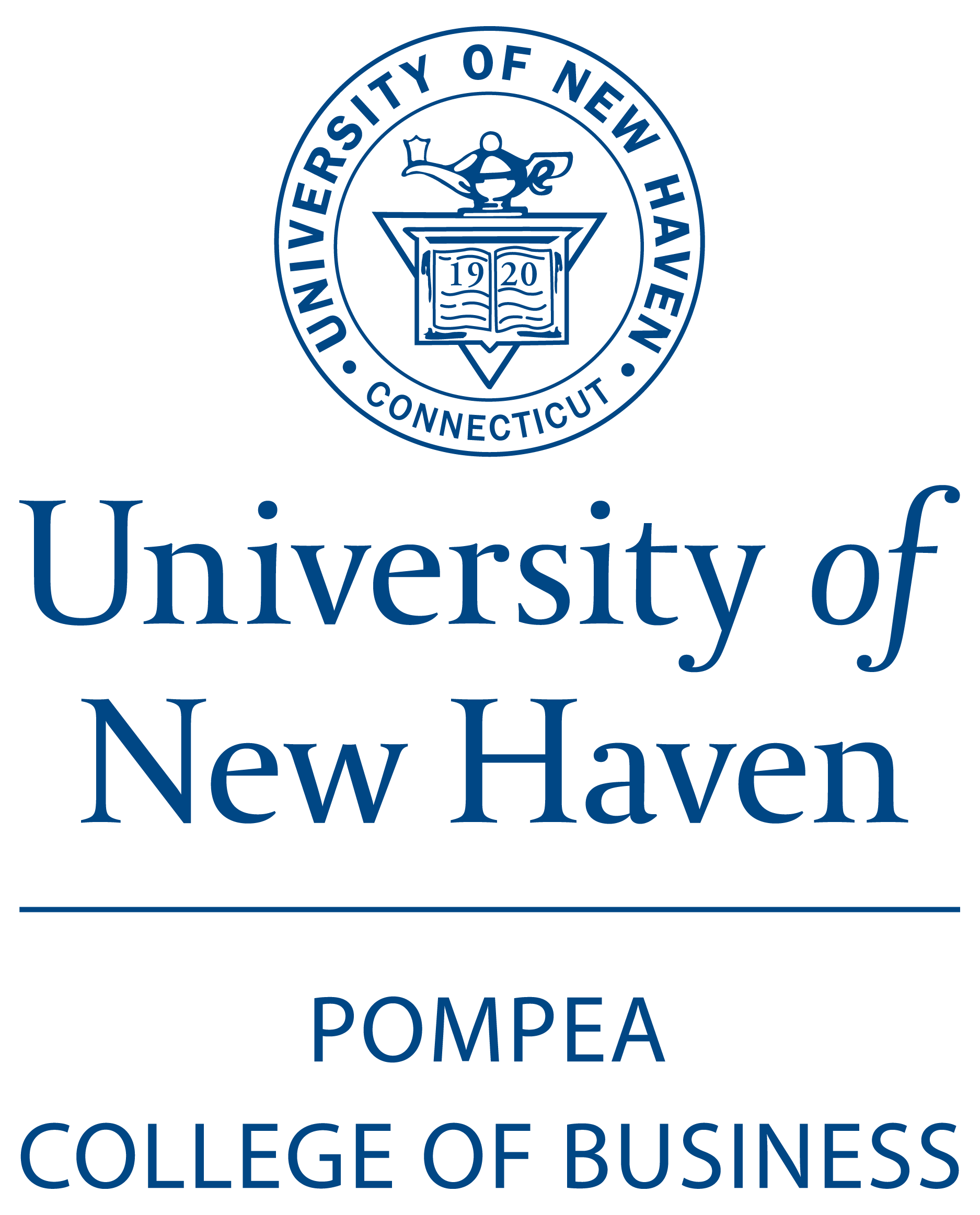Abstract
The annualized interest rate charged on payday loans can reach 1,950 percent, whereas similar rates charged by banks are typically less than 25 percent. Also, persons borrowing from payday lenders and paying the higher interest rates are disproportionately lower-income Blacks. This provides an incentive for Blacks seeking loans to turn to banks rather than payday lenders. This may be more likely to happen when there are Black-owned banks in communities with greater percentages of Blacks. Indeed, offices of such banks may substitute for payday loan stores, providing a greater opportunity for Blacks to avoid the higher interest rates associated with payday lenders. We hypothesize that to the extent Black-owned banks substitute for payday there is a greater opportunity for lower-income Blacks to substitute/switch firms and thereby seek lower-cost loans. We do find that there are significantly fewer payday loan stores in counties where there are more Black bank offices.
Creative Commons License

This work is licensed under a Creative Commons Attribution-NonCommercial 4.0 International License
Recommended Citation
Barth, James R.; Cebula, Richard J.; and Xu, Jiayi
(2021)
"Do Black-Owned Banks Substitute for Payday Lenders? An Exploratory Study,"
American Business Review: Vol. 24:
No.
2, Article 1.
DOI: https://doi.org/10.37625/abr.24.2.1-11
Available at:
https://digitalcommons.newhaven.edu/americanbusinessreview/vol24/iss2/1
DOI
https://doi.org/10.37625/abr.24.2.1-11



